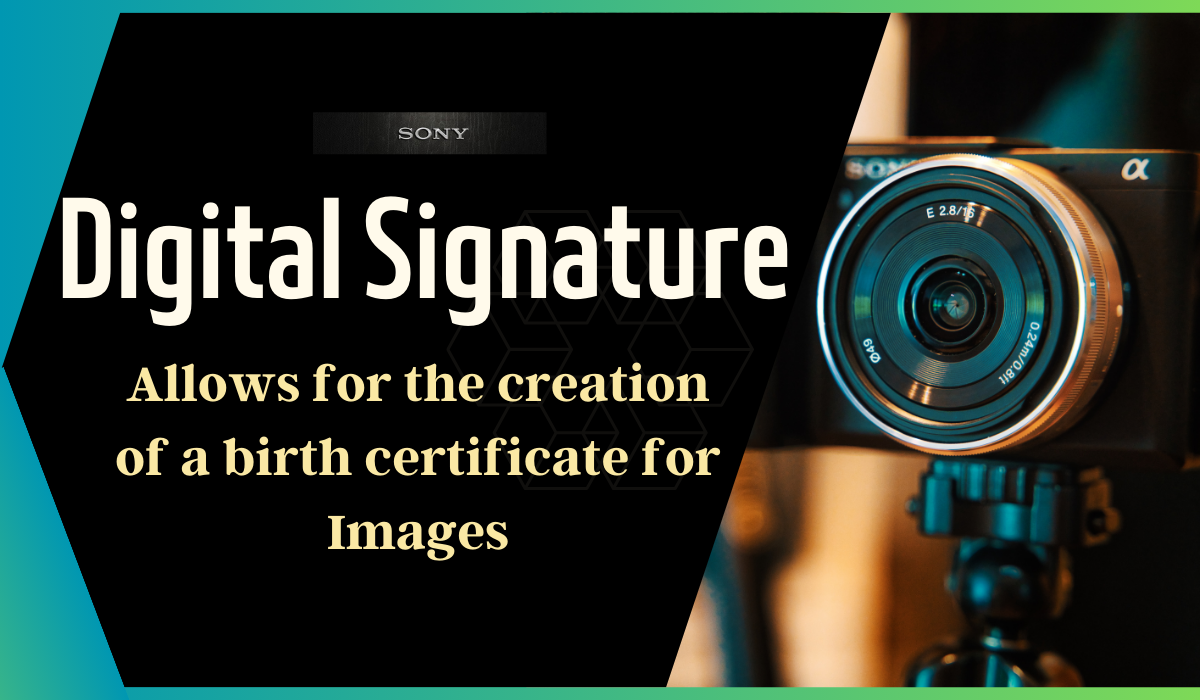
Sony is gearing up to tackle the issue of AI-generated images with its upcoming 'in-camera authenticity' technology. In collaboration with the non-profit news organization Associated Press (AP) and Camera Bits, the company has recently announced the completion of the second round of testing for this innovative solution.
The camera manufacturer explained that the technology introduces a digital signature, serving as a "birth certificate" for images, thereby validating the origin of the content. This digital signature is generated within the camera's hardware chipset at the moment a photographer captures an image. Sony believes this approach will assist professionals in ensuring the authenticity of their content and provide news agencies with an additional layer of security.
Neal Manowitz, COO and President of Sony Electronics, mentioned that the new technology has demonstrated valuable results, but specific details on its workings were not disclosed. It is likely that images captured with this technology will contain extensive metadata, including information such as the camera model, the time the picture was taken, and any subsequent edits made.
Sony has announced that the digital signature feature will be available in 2024 through a firmware update on its Alpha 9 III, Alpha 1, and Alpha 7S III models. While Sony takes strides in this direction, it's worth noting that other companies have also explored technologies to detect image tampering. In October of this year, Leica introduced the M11-P rangefinder camera, incorporating a Content Credential label containing information about the time the photo was taken and any alterations made. However, this high-end camera comes with a hefty price tag of $9,000, significantly more expensive than Sony's Alpha models.
 0
0
 0
0